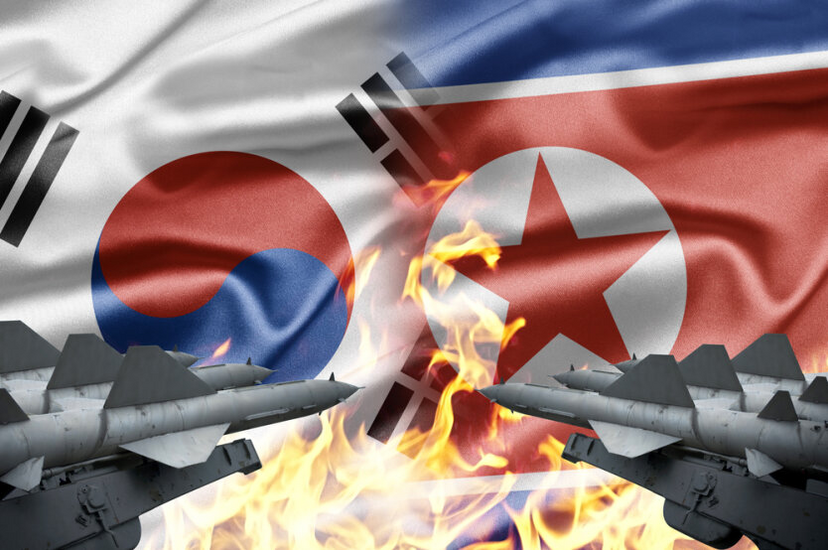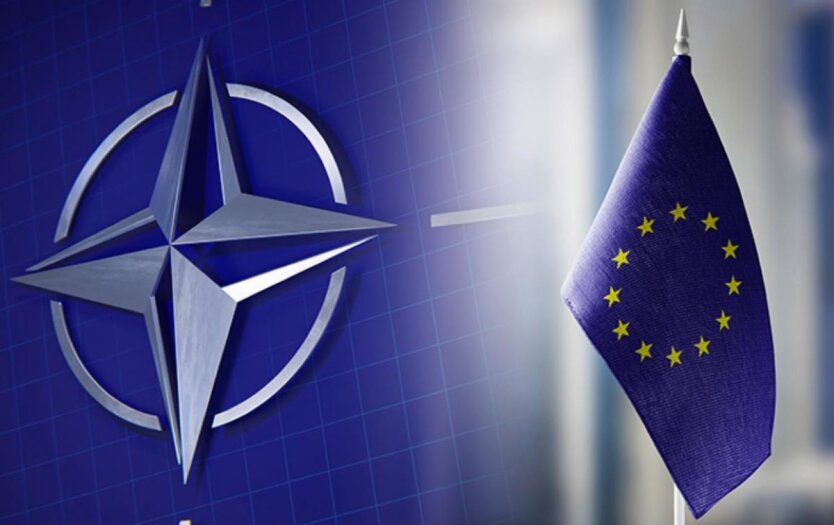More expensive than in Ukraine: analysts compared the cost of a possible war on the Korean Peninsula.


The likelihood of a war between North and South Korea, though very small, is not zero. If such a war begins, the consequences will be very dire: the loss of human lives will be enormous, and the entire global supply chain will be hit hard due to the shortage of semiconductors produced in South Korea.
According to Bloomberg's analysis, such a war could lead to a global recession. The damage to the global economy in the first year of the war will amount to 4 trillion US dollars, or 3.9% of GDP, which is more than twice the damage from Russia's invasion of Ukraine.
"South Korea's role as a leading chip manufacturer means its significance to the global economy goes beyond the size of its GDP," analysts point out.
For example, Samsung Electronics produces 41% of DRAM chips and 33% of NAND memory chips. Its products are crucial for companies ranging from Apple Inc. to Chinese smartphone maker Xiaomi Corp.
Overall, South Korea produces 4% of all electronic components used worldwide and about 40% of memory chips.
According to the authors, Russian President Vladimir Putin's deal with North Korea and Kim's threats to "destroy" South Korea have remained risk factors. Cooperation with Russia threatens to increase Pyongyang's nuclear potential.
In the event of a total war between North and South Korea, North Korean artillery will shell key military, political, and economic targets in Seoul. The attack will be carried out by artillery and ballistic missiles, which will destroy facilities within a 70-kilometer radius of the border and halt shipping to China, Russia, and Japan.
Given that the US and China are likely to take opposite sides in the conflict, further trade between them will face obstacles and lead to a decline in global markets.
"The loss of semiconductors and market declines means a 3.9% drop in global GDP," Bloomberg writes.
South Korea's economy will shrink by 37.5% due to the halt in production and exports. Additionally, China faces a GDP fall of 5% due to the lack of semiconductors and a drop in trade volume with the US. In the US, GDP will decline by 2.3% due to the chip shortage and overall market downturn.
In turn, global GDP will decrease by 3.9%. Southeast Asia, Japan, and Taiwan, which rely on South Korean chips and are vulnerable to shipping disruptions, will be the hardest hit.
The authors also note that while the war scenario is unlikely, such possibilities cannot be ruled out, particularly considering new US President Donald Trump and his views on South Korea and the Korean Peninsula as a whole.
Even necessary changes in military exercises and the positioning of American troops could escalate the situation on the peninsula. Additionally, Kim's regime could independently lead to a crisis due to health problems and poverty in the country.
In such a scenario, South Korea will experience a 2.5% GDP drop due to changes in industrial production and worsening economic forecasts. Meanwhile, China's, the US's, and global GDP will decrease by 0.5%, 0.4%, and 0.5%, respectively.
Source: ZN.UA
Read also
- What to see in Bukovel: winter, summer and autumn
- What to see in Iceland: in winter, in summer, on a tour
- What is p2p and pay2pay transfer
- Best Adult Films: TOP 5 Films






